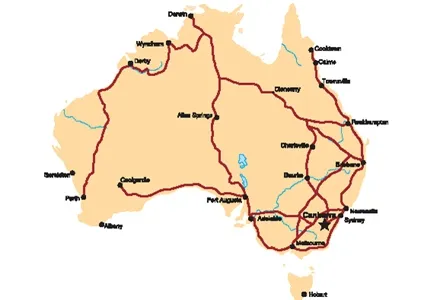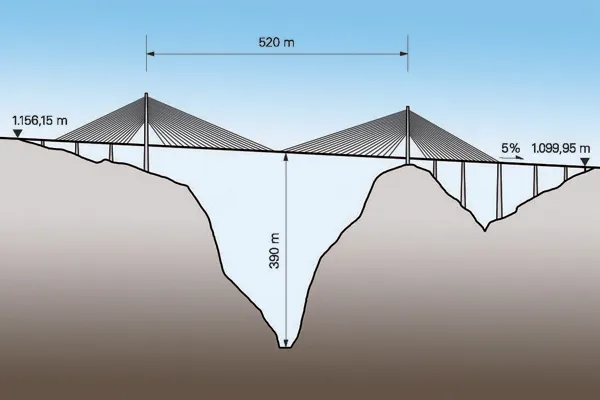Several important Bulgarian road projects are expected to gain momentum over the coming weeks, a welcome boost for a sector that has been beset by delays in the past. In mid-September, the National Road Infrastructure Agency (NRIA) announced that it would soon be declaring new tenders for the construction of two key road projects worth a total of US$94 million (approximately €68.8 million). One section will link the south-eastern city of Kardzhali to Podkova, near the Greek border: the second will connect t
July 23, 2012
Read time: 4 mins

The EC is taking a more supportive position, as Bulgaria attempts to put its road building programme back on track, writes Gordon Feller
Several important Bulgarian road projects are expected to gain momentum over the coming weeks, a welcome boost for a sector that has been beset by delays in the past. In mid-September, the National Road Infrastructure Agency (NRIA) announced that it would soon be declaring new tenders for the construction of two key road projects worth a total of US$94 million (approximately €68.8 million).One section will link the south-eastern city of Kardzhali to Podkova, near the Greek border: the second will connect the Sofia ring road to the Hemus Highway, which runs from the capital to Varna, Bulgaria's second largest commercial centre on the Black Sea coast.
Both projects have been held up by funding irregularities, while the Kardzhali-Podkova road was the subject of some controversy as the original concession was allegedly awarded in breach of proper procedure.
Another major project, the Lyulin Motorway, a 19km stretch linking Sofia with the prospective Struma Motorway leading to the south-western border town of Kulata, and then to the Greek city of Thessaloniki, should also receive a boost soon.
The Transport Ministry, the NRIA (until recently the National Road Infrastructure Fund) and the
This follows the news from July, when it was revealed that the contractor, Turkish firm
Previous EU funding to the Lyulin project through the Instrument for Structural Policies for Pre-Accession (
The EU had previously agreed to provide $163 million (€119.5 million) of the estimated $217 million (€160 million) cost of the Lyulin Motorway, which is considered vital to easing traffic pressures around Sofia and improving cross-continent transport links.
The Bulgarian capital lies at the confluence of three major pan-European transport corridors, key routes earmarked by European governments for development. These are corridors VIII (which runs from Durres on Albania's Adriatic coast to Varna, including Bulgaria's partially complete Trakia Motorway) and X and IV, from Central Europe to Istanbul and Thessaloniki, respectively.
Despite the expected fillip to Bulgaria's road building programme, the process of upgrading the country's creaking network is likely to be a slow and expensive one. The Struma Motorway, which is also only partially complete, is a crucial section of corridor IV, but is not expected to be finished until 2020. The road's cost has been estimated at $880 million (€645 million), but recent media reports suggest that it could run to $1.45 billion (€1 billion), partly due to additional environmental protection measures.
The government claimed in mid-September that it had made record progress in highway construction, with 100km of motorway and 4,000km of other roads completed in just three years.
Certainly, recent developments indicate that the authorities are pushing forward with road-building schemes despite the EC's suspension of a €519 million block of funding in July, the latest of a series of freezes affecting expenditure on transportation.
The government has allocated €260 million of the budget surplus to an "infrastructure package," which includes the continuation of work on the Trakia Motorway.
Prime Minister Sergei Stanishev has given notice that he is willing to dip further into the budget surplus, which totalled €2.18 billion in the first seven months of the year, in order to keep infrastructure developments on track. n
The government has allocated €260 million of the budget surplus to an "infrastructure package," which includes the continuation of work on the Trakia Motorway






